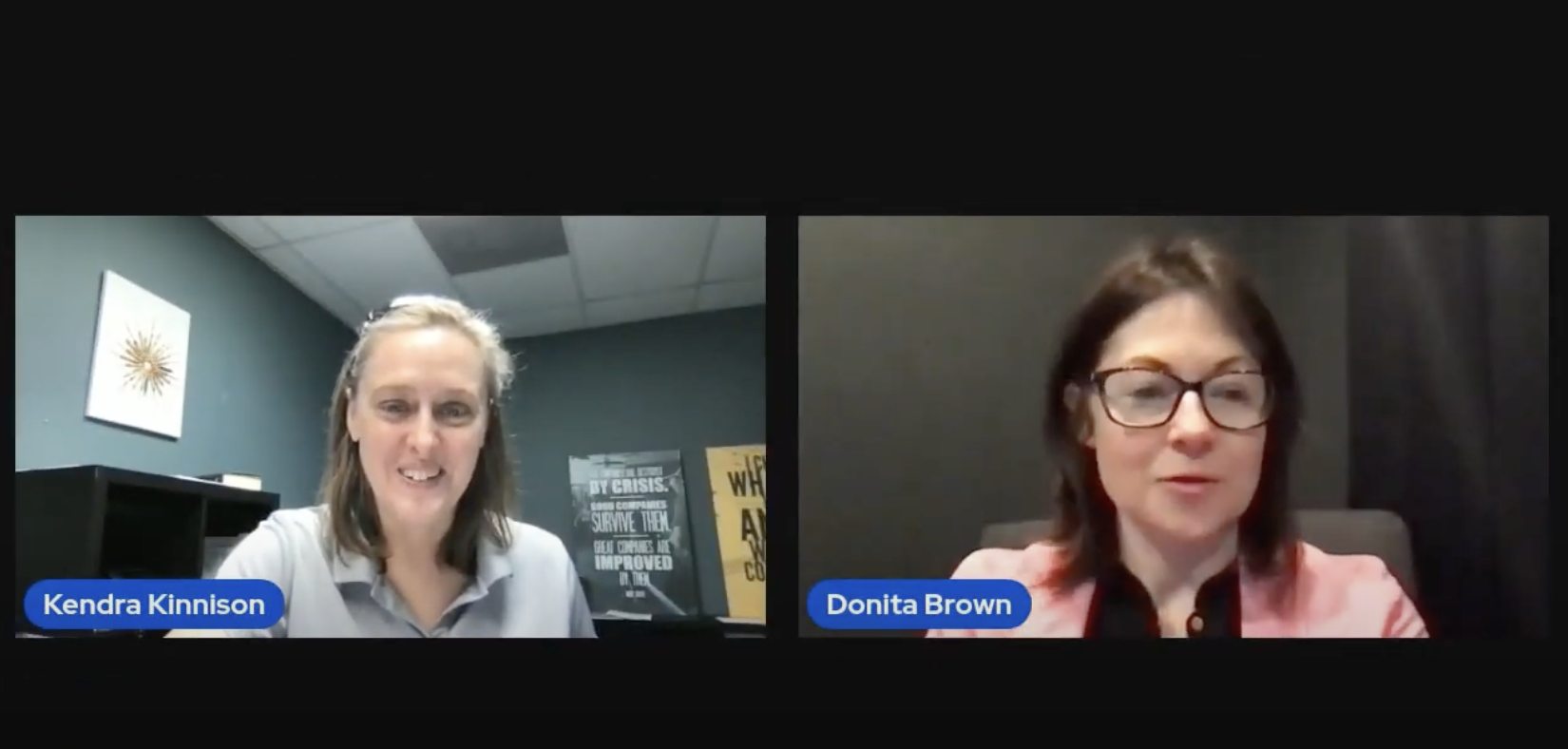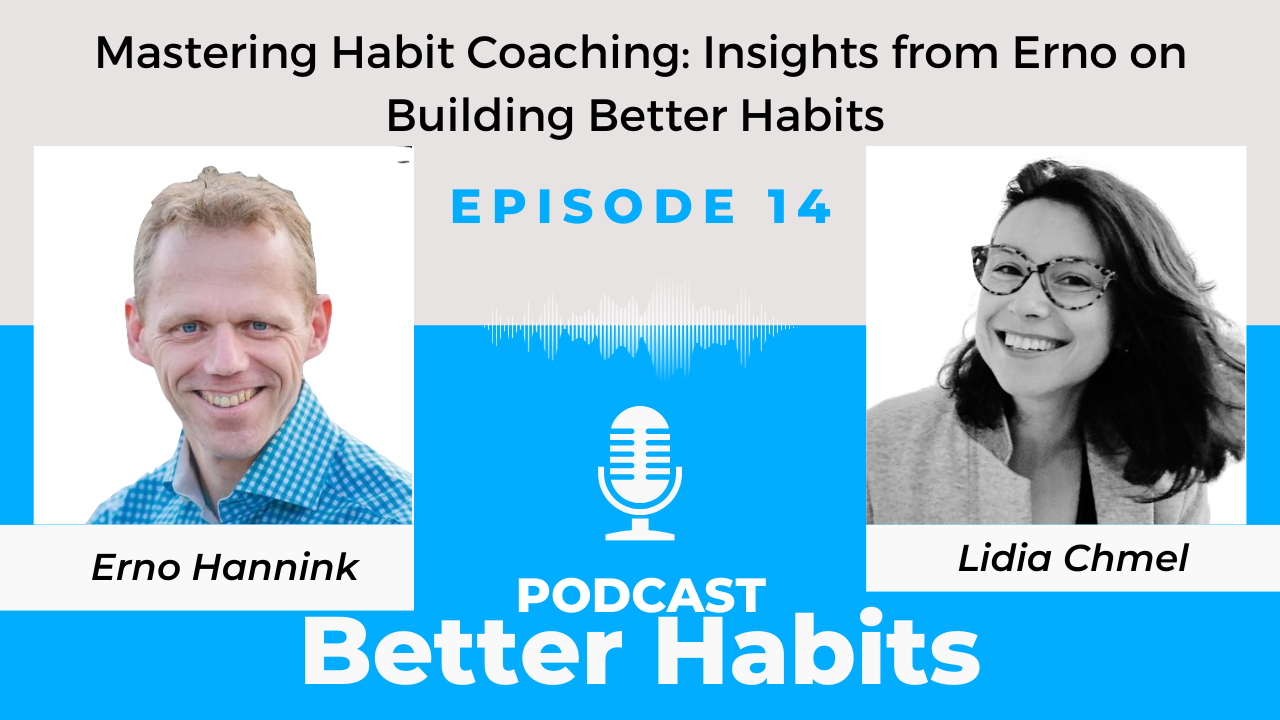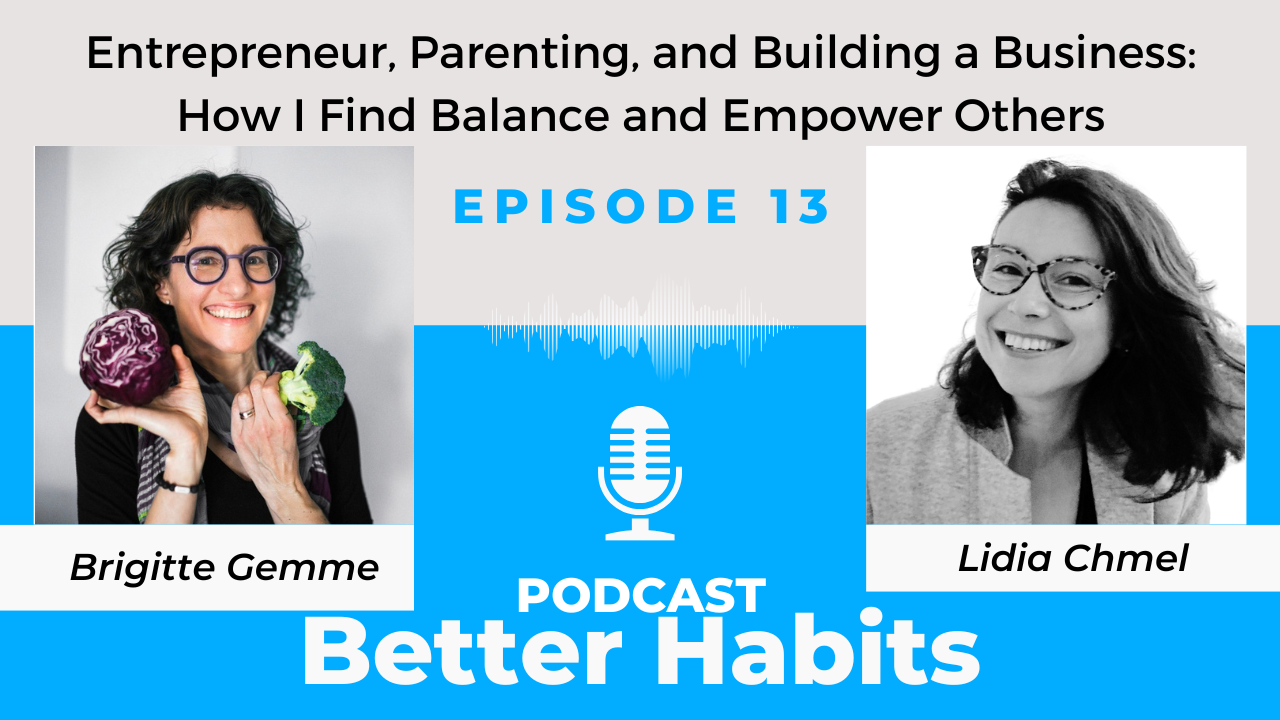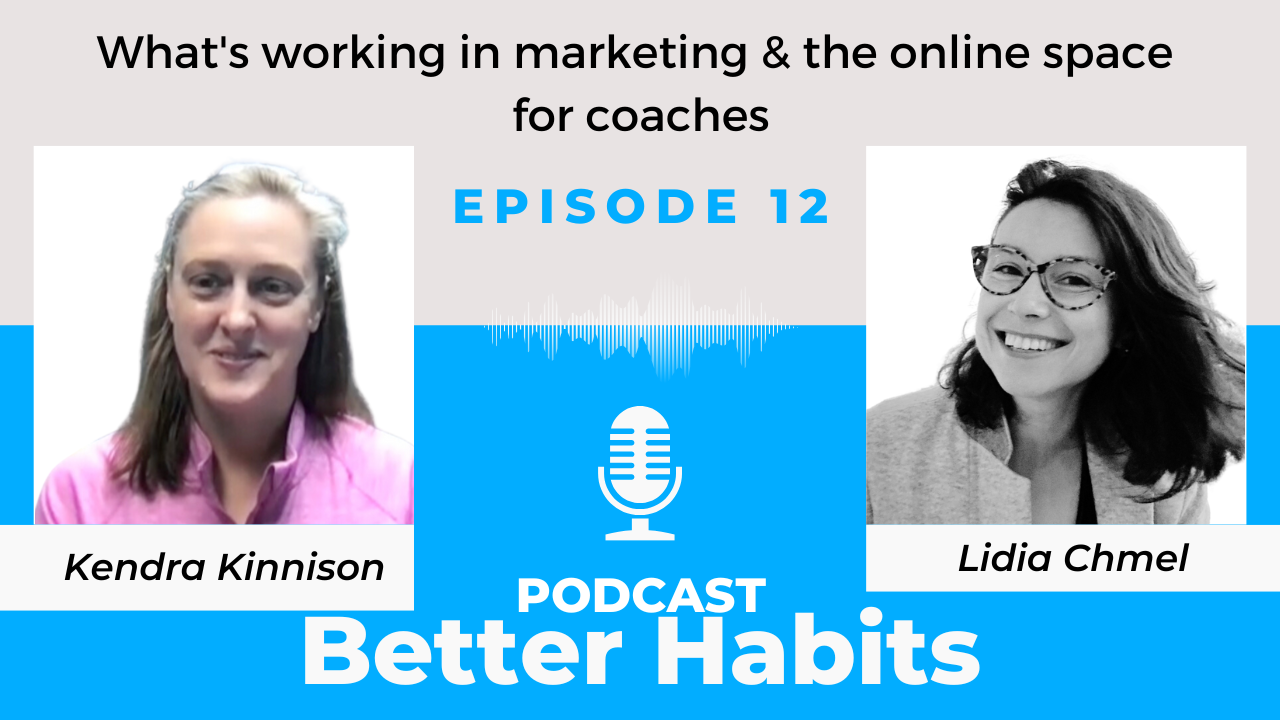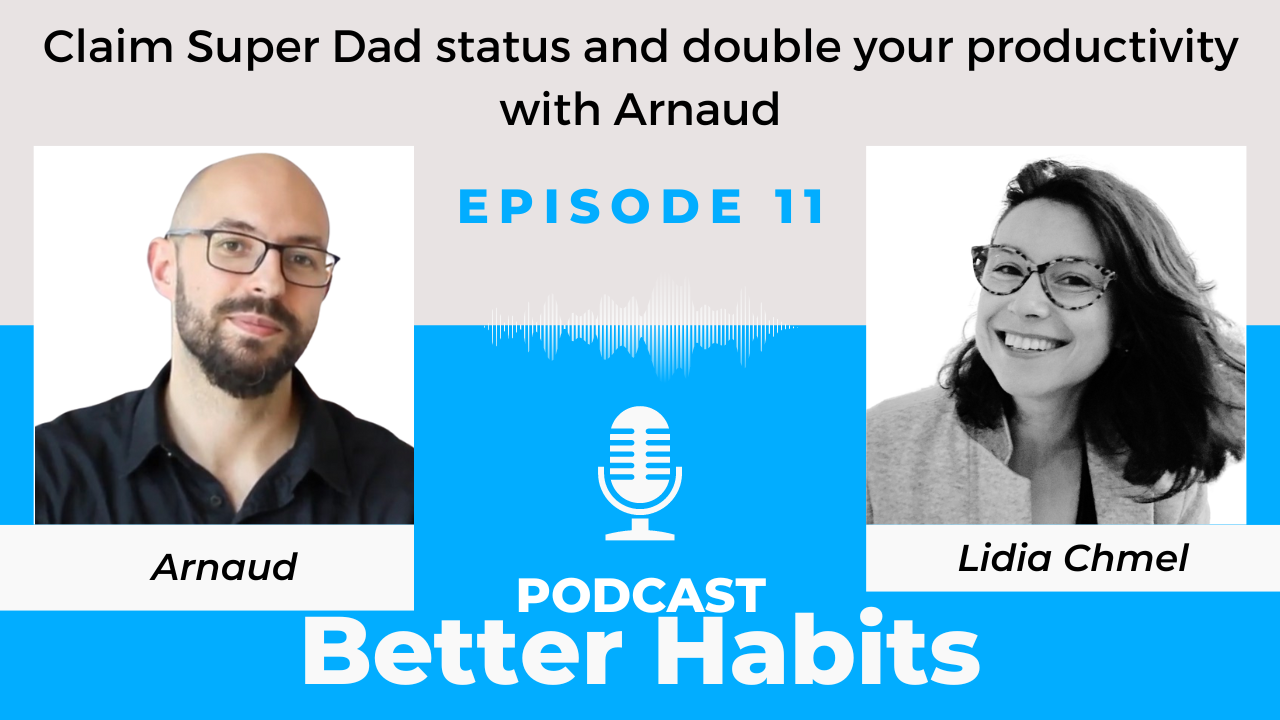Sign up to receive free chapters and interviews included in Lift’s book: The Strongest Mind in the Room
“Meditation has helped me learn to filter out judgmental self-talk that would otherwise get in the way of my own creative process.“
Samara Serotkin is a Lift accountability coach and mindfulness expert. She studied under Buddhist teacher Thich Nhat Hanh and wrote her doctoral thesis on creativity, self-actualization and mindfulness. She explained to us why she started meditating and how meditation boosts your creativity. Also, if you’re looking for an accountability coach, you can hire her here.
Why did you start meditating? What was your goal?
I was first introduced to meditation 15 years ago when a friend of mine showed me a book about Buddhism and how meditation can be a tool to relieve suffering. The idea that we have the power to change our thoughts had an enormous impact on me. The more I looked into areas of my life I felt needed improvement, the more I saw my own habitual thought patterns getting in my way. And the more I saw them, the more I was able to practice pruning them out of my life. The goal of my practice has been to support my self-improvement process. My aim is to be as clear as I can about my deeper core values, and to always be working to make sure my day-to-day behaviors are aligned with those core values, to the best of my ability at any given moment.
How does meditation improve your creativity?
Almost by definition, mindfulness meditation is all about developing a creative perspective. It is about approaching each moment with curiosity and a sense of openness. You don’t assume what each breath is going to feel like, you try to stay with the moment, really just experiencing the moment for what it is. It’s so easy to jump ahead into habitual trains of thought, though! Mindfulness practice is a kind of exercise. It trains you to notice those habitual trains of thought, to choose to not entertain them for the moment, and instead explore what else is there. It’s about developing your ability to approach each moment with a sense of openness and creativity. And neurologically, that’s what is happening too.
One of the benefits of mindfulness meditation is that it actually can impact the neurological structure of the brain. Our brains, to a certain extent, rewire themselves to support what you are paying attention to. The very structure of the brain is changed when you meditate. Mindfulness meditation helps you to be more thoughtful before jumping on those neurological superhighways that hijack our thought processes.
Can you tell us how meditation has helped you during the creative process?
Do you think meditation gives you a competitive edge?
Yes! Totally! All change happens in the present moment. Mindfulness meditation is the best tool to get you there. It can help you cultivate enough self-compassion so you can learn freely from your past experiences without getting too caught up in beating yourself up. It helps you stay clear about your long term goals so you can can keep your behavior aligned with your deeper core values. And it helps you optimize the opportunities the present moment brings to you by responding to the moment with as much awareness as you can cultivate.
What is your meditation routine?
I meditate with my clients at the beginning of every session, usually just for 5 minutes or so. I usually do some sort of a practice in between clients, too, even if it is just listening to the sound of the bell one time. It helps me refocus my attention.Beyond that, though, my practice varies from week to week. Sometimes I do more sitting meditation for longer periods of time. Other times, I practice mindful walking, mindful eating, or mindful creativity. Sometimes I have reminders chime on my phone throughout the day to remind me to take mini-mindfulness breaks. It all depends on what I need that particular week.

